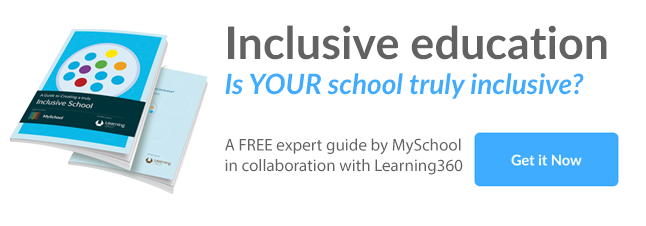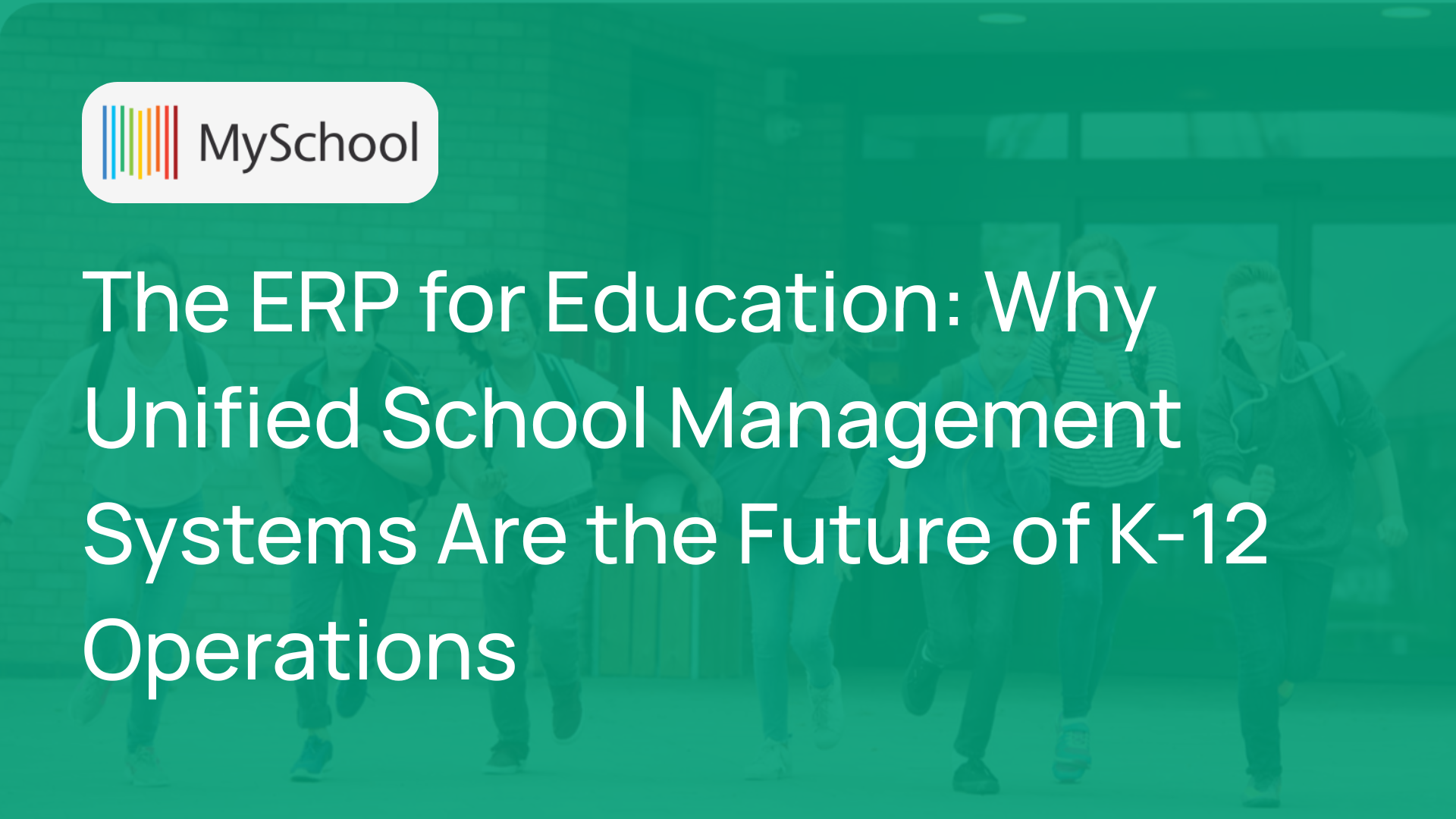Approximately one year and six months ago, at the age of 24, I was diagnosed with autism. My life suddenly became split between a ‘before’ and ‘after’. I’m still me, but now my days are slowly becoming characterised by awareness with a capital ‘A’ and learning how to cope with the ball of anxiety that has settled in my chest, not from being autistic, but from being autistic in a world that is not built for me.
I’ve come to learn that there is a fine line between accepting what is and demanding that things be changed. ‘Demand’ is a harsh word, but I feel that it’s necessary because too many people grow up, like me, having no idea why they are struggling so much. So, things need to change because neurodiversity exists and especially in a place like school, inclusion must be a priority.
It’s been a little while since I’ve been in a classroom but not too long ago that I don’t remember what was great and what could have been better. So, in the interest of societal improvement and giving a voice to those who are sometimes overlooked, here’s some input from me and other actual students, i.e. The Neurodiverse Kids.
What does inclusion mean to you?
We all feel that inclusion, to us, means involving everyone; that differences are not only accepted but respected as well, and opportunities and benefits should be accessible to all. And while equality is a nice sentiment, I think the word most appropriate when it comes to fairness is equity – ‘everyone is provided with what they need to succeed’ – because equality can sometimes get us inadvertently stuck in the trenches of standardisation. And if students fail at standardised testing, they run the risk of only learning that they are bad at learning, which is of no use to anyone.

What, if anything, helped you feel more included at school?
Ultimately, being acknowledged by teachers as people with different skills, needs, and learning styles.
For example:
- Given the choice to write or speak about an assignment.
- Allowed to type work instead of writing it.
- Awarded for talents or skills besides academics (such as art or home economics).
- Allowed to give a presentation in front of the teacher alone instead of the whole class.
Just a small tweak can make it easier to learn, and usually a lot more enjoyable. If I have the option to write about an assignment instead of present, that means I don’t have to spend days locked in a small panic over how I’m going to stay calm enough to not mumble or stutter or speak too fast, how I’m going to force myself to look my audience in the eye or keep myself from fidgeting with my hands too much. I can focus my energy on the actual book instead and my learning experience won’t be overshadowed by worry and stress.
What, if anything, was an obstacle to feeling included during your time at school?
Imagine being dyslexic and having your teacher announce that you’ll have to read in front of the class. Imagine having ADHD and having to sit still in your seat for hours. Imagine being autistic and forced to stand up and speak in front of a full classroom. It’s not that these things are impossible to do, but the likelihood of learning anything in these situations is very low, trust me.
Teachers who give feedback to one student in front of a whole class, who announce that everyone will have a turn reading aloud, who randomly pick students to answer any given question – they may mean well by trying to involve everyone, but the reality is that it can do more harm than good. I can guarantee that any time a teacher eyed the room, deciding which students will have to unexpectedly answer a question or comment on a topic, I was not paying attention in any way to what was being said and was solely focused on calming myself down enough to be able to form words.
And though I can only speak to my experiences as someone with autism, I’m not the only one who has this kind of visceral reaction to seemingly simple everyday circumstances. For example, students with ADHD can struggle to follow a lesson and become restless, uncomfortable, and disruptive, on top of the fact that they would not be absorbing anything simply because a classroom of students sitting at rows of desks and chairs is not the ideal environment for them. It doesn’t sound fair to me.
In your opinion, what do you feel needs to be put into practice for schools to achieve inclusion?
Students are expected to wake up very early to get to school on time, sit at a desk for hours with only a small break in between, listen attentively and focus the whole time, do school work then go home and continue working, and then study on their own time for exams. This is a challenge for anyone, but then also add being neurodiverse to the mix and it becomes very easy to fail, even though so much effort is put into meeting those standards.
And you may be thinking, ‘well, isn’t this what the working world is like?’, and you might be right to some extent, but if we learn to ask for what we need and show that accommodations can be made and even improve results from when we’re still in school, then that’s when the workplace can truly celebrate diversity.
I think inclusion boils down to choice. So many of us would feel much more comfortable in a classroom if we knew we could choose a preference, even if it was just between two ways of handing in homework. Recognising other skills and talents than just grades is also a massive aid toward inclusion. Everyone has their strengths and to simply celebrate one form of purely academic success is a waste of potential.
Credits to Emma Camilleri for sharing her experience through this write up.
If you wish to gain a better understanding of inclusion, and evaluate your own professional practices, so as to ensure that you are being truly inclusive, check out this practical guide book: [hyperlink] A guide to creating a truly inclusive school, which was put together by Learning 360° Foundation.
Learning 360° Foundation is a registered Voluntary Organisation set up by educators who have a shared passion for inclusive practices and meaningful learning. The Foundation offers individualised holistic, educational services including but not limited to: Early Intervention, Skill Building for Primary school learners, Literacy support, and Coaching for study skills, organisation skills and executive functioning skills. L360° provides training and mentoring for students, educators, parents and professionals.



.png)

